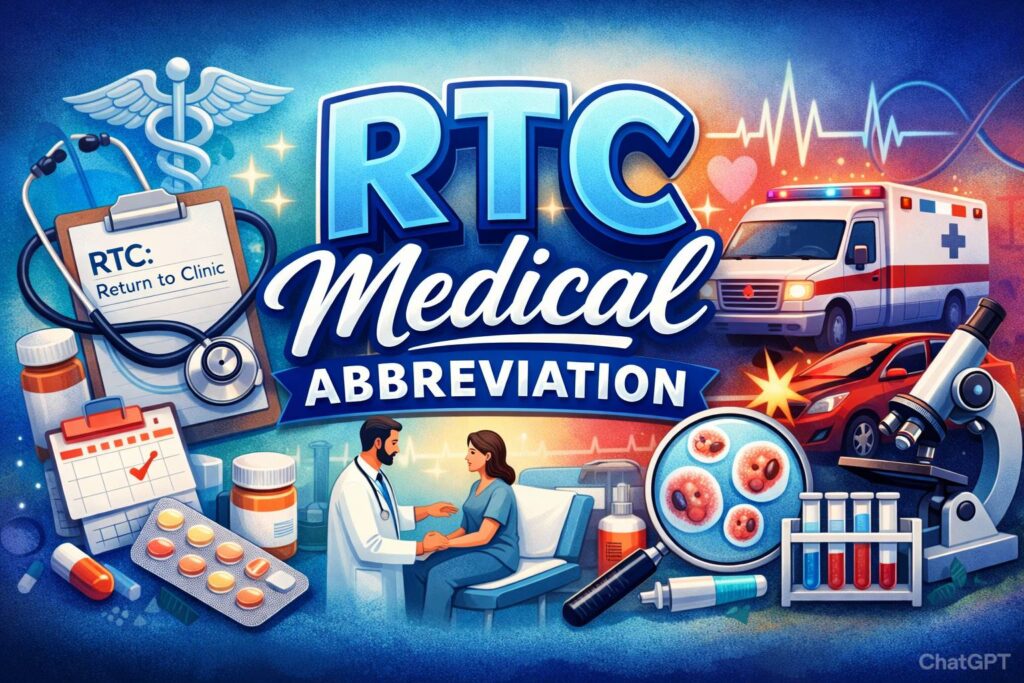The Long-Term Impact of Personal Injury: Beyond Immediate Damages

Introduction to Long-Term Impact of Personal Injury
Personal injuries can have profound and lasting effects on victims’ lives, extending far beyond immediate physical harm. This article explores the long-term impacts of personal injuries, including physical, emotional, and financial consequences, and offers guidance on addressing these challenges.
Physical Long-Term Effects
- Chronic Pain
- Many personal injury victims suffer from chronic pain that persists long after the initial injury has healed.
- Disability
- Serious injuries can lead to permanent disabilities, affecting mobility, independence, and quality of life.
- Scarring and Disfigurement
- Injuries that result in scarring or disfigurement can have lasting physical and psychological effects.
- Complications and Secondary Conditions
- Injuries can lead to secondary health issues, such as infections, arthritis, or cardiovascular problems.
Emotional and Psychological Impact
- Post-Traumatic Stress Disorder (PTSD)
- Traumatic accidents can result in PTSD, causing anxiety, flashbacks, and emotional distress.
- Depression and Anxiety
- The aftermath of a serious injury can lead to depression, anxiety, and other mental health issues.
- Loss of Enjoyment of Life
- The inability to participate in hobbies and activities that once brought joy can lead to a diminished quality of life.
- Impact on Relationships
- Injuries can strain personal relationships, causing stress and emotional turmoil for both the victim and their loved ones.
Financial Consequences
- Medical Expenses
- Long-term medical care, including surgeries, rehabilitation, and ongoing treatments, can be costly.
- Lost Income
- Injuries can lead to lost income and diminished earning capacity, impacting financial stability.
- Cost of Care
- Severe injuries may require long-term care, including home modifications, assistive devices, and in-home caregivers.
- Legal Costs
- Pursuing a personal injury claim can involve significant legal expenses, particularly if the case goes to trial.
Addressing Long-Term Physical Effects
- Rehabilitation and Physical Therapy
- Ongoing rehabilitation and physical therapy can help manage pain and improve functionality.
- Medical Follow-Up
- Regular medical check-ups are essential for monitoring recovery and addressing any complications.
- Pain Management
- Effective pain management strategies, including medication, physical therapy, and alternative treatments, can improve quality of life.
- Lifestyle Modifications
- Making necessary lifestyle changes, such as adopting a healthy diet and exercise regimen, can aid recovery.
Managing Emotional and Psychological Impact
- Therapy and Counseling
- Professional therapy and counseling can help victims cope with emotional and psychological challenges.
- Support Groups
- Joining support groups provides a sense of community and shared experiences, offering emotional support.
- Mindfulness and Relaxation Techniques
- Mindfulness, meditation, and relaxation techniques can help you manage stress and anxiety.
- Family and Social Support
- Strong support from family and friends is crucial for emotional recovery and well-being.
Mitigating Financial Consequences
- Pursuing Compensation
- Filing a personal injury claim can help secure compensation for medical expenses, lost wages, and other damages.
- Financial Planning
- Working with a financial planner can help manage long-term financial impacts and plan for future expenses.
- Disability Benefits
- Exploring options for disability benefits, such as Social Security Disability Insurance (SSDI), can provide financial assistance.
- Insurance Coverage
- Reviewing and maximizing insurance coverage can help cover medical costs and other expenses.
Legal Considerations for Long-Term Impact
- Comprehensive Claim Evaluation
- Ensure that all long-term impacts, including future medical expenses and lost earning capacity, are considered in the claim.
- Expert Testimony
- Utilize expert testimony to accurately assess and present the long-term effects of injuries.
- Structured Settlements
- Consider structured settlements, which provide regular payments over time, to manage long-term financial needs.
- Future Care Costs
- Include estimates for future care costs in the settlement or court award to ensure ongoing financial support.
Conclusion
The long-term impact of personal injuries extends beyond immediate physical harm, encompassing chronic pain, emotional and psychological challenges, and significant financial consequences. Addressing these impacts requires a comprehensive approach, including medical care, emotional support, financial planning, and legal strategies. Personal injury victims should work closely with their attorneys and healthcare providers to ensure that all aspects of their long-term well-being are considered and adequately addressed.
















































































































































































































































































































































































































































































































































































































